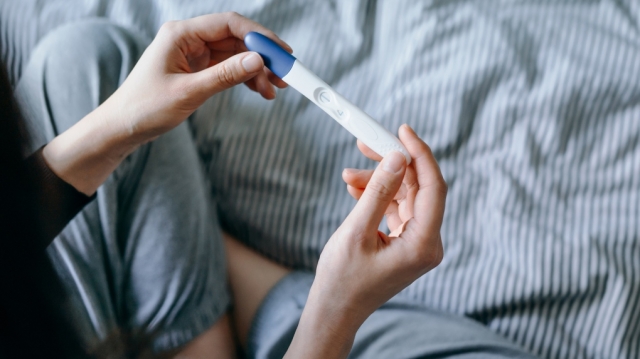The path to parenting may be both exciting and difficult for many couples who want to start a family. Fertility problems can be caused by a variety of conditions, and gynecological disorders play a significant part in this delicate web of reproductive health. In this article, we will delve into seven gynecological conditions that can potentially hinder a woman's ability to conceive.
1. Polycystic ovary syndrome (PCOS)
Polycystic ovarian syndrome, or PCOS, is one of the most common gynecological conditions that affect fertility. This hormonal condition is defined by a high level of androgens (male hormones) and the formation of tiny cysts on the ovaries. PCOS can disrupt ovulation, resulting in irregular menstrual periods and, in rare cases, anovulation (absence of ovulation). The subsequent hormonal imbalance can make it difficult for women who suffer from PCOS to conceive.
2. Endometriosis
Endometriosis is a condition in which the endometrium (the tissue that typically borders the uterus) develops outside the uterus. This abnormal tissue growth can result in cysts, adhesions, and scar tissue, which can cause pelvic pain and problems with fertility. Endometriosis can interfere with the proper functioning of the reproductive organs, lowering egg quality and preventing fertilized eggs from implanting.
3. Uterine fibroids
Uterine fibroids are benign growths that occur in or on the uterus. While many women with fibroids have no symptoms, these growths can interfere with fertility in certain cases. Fibroids, depending on their size and location, may interfere with fertilized egg implantation or block the fallopian tubes, preventing sperm from reaching the egg.
4. Pelvic inflammatory disease (PID)
Pelvic inflammatory disease is a condition of the female reproductive organs that is often caused by STIs such as chlamydia or gonorrhea. PID may result in fallopian tube inflammation and scarring, increasing the likelihood of infertility. PID, if left untreated, can cause chronic pelvic pain and long-term reproductive health issues. If you suspect PID, you can search for "gynecologist near me" to evaluate your condition and undergo proper treatment.
5. Ovulatory disorders
Proper ovulation is critical for fertility, and anything that interferes with this process can be devastating. Ovulatory problems, such as irregular or absent ovulation, can be caused by hormonal imbalances, stress, or underlying medical diseases. Women with ovulatory problems may have irregular menstrual cycles or few periods, making predicting the possible window for conception challenging.
6. Premature ovarian insufficiency (POI)
Premature ovarian insufficiency, also known as premature ovarian failure, is a condition in which the ovaries stop functioning before reaching the age of 40. This causes a drop in estrogen levels, which can result in irregular menstruation periods, infertility, and early menopausal symptoms. While the exact cause of POI often remains unknown, it has been related to genetic factors, autoimmune disorders, or specific medical procedures such as chemotherapy.
7. Asherman's syndrome
Asherman's syndrome, commonly known as intrauterine adhesions, occurs when scar tissue grows within the uterus. This can be caused by uterine surgeries like dilation and curettage (D&C) or multiple cesarean sections. The adhesions might cause the uterine cavity to shrink and interfere with embryo implantation. Asherman's syndrome is a rare but serious gynecological disorder that can lead to infertility.
The bottom line
Understanding the complex connection between gynecological disorders and fertility is critical for people considering parenting. These seven gynecological diseases show the wide range of factors that might affect a woman's reproductive health.
Early identification, appropriate medical intervention, and a holistic approach to general well-being can greatly boost the probability of overcoming these obstacles and having a healthy pregnancy. Couples experiencing fertility challenges are encouraged to seek the advice of reproductive health specialists to discover specific remedies and begin on their road to parenting with hope and resilience.






